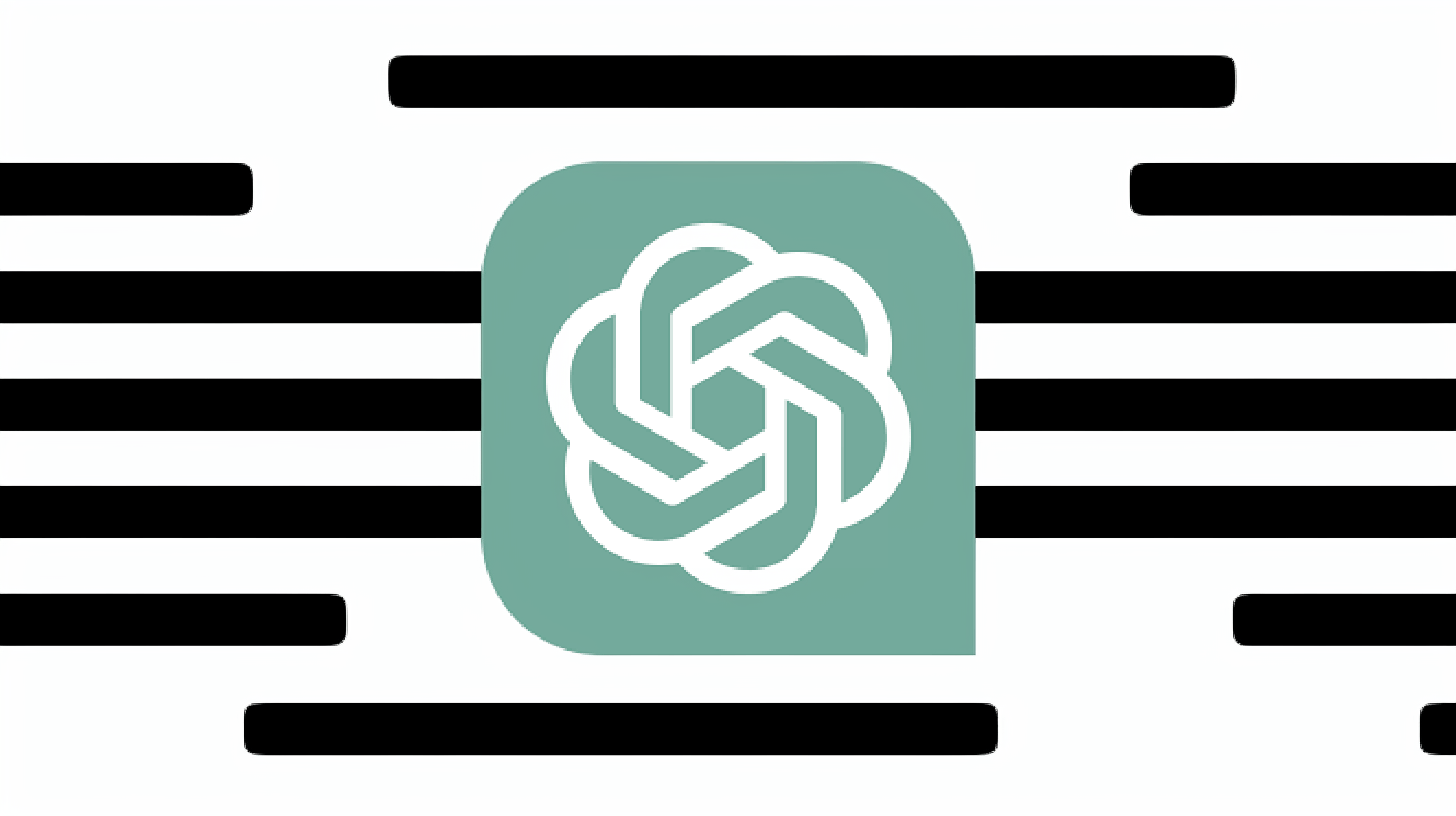OpenAI rolls out enhanced memory for ChatGPT, allowing it to reference previous chats

OpenAI has begun rolling out a beta version of enhanced memory features that allow ChatGPT to reference past conversations.
OpenAI announced this week that ChatGPT is getting better at remembering your previous conversations. The AI assistant can now access information from past chats even when you start a new conversation, combining this history with its existing "Memory" database to provide more personalized and relevant responses.

ChatGPT gives users full control over their stored information. The settings panel lets you delete individual memories, clear out past conversations, or archive specific chats you'd rather keep private. OpenAI says that while you can turn off the memory feature whenever you want, this won't remove information that's already been saved.
OpenAI's announcement leaves some questions unanswered. The company hasn't clearly explained how this new cross-chat memory differs from the original Memory feature they launched in February 2024, or how these two systems work together.
That earlier Memory feature was designed to help ChatGPT learn user preferences - things like your preferred writing style for blog posts or your favorite programming language. Using it is simple: just start a chat and tell ChatGPT what you want it to remember.
Google joins the personalization race with Gemini's memory features
Not to be outdone, Google added memory capabilities to its Chatbot Gemini in November. The feature is currently limited to paying subscribers of Google One AI Premium ($20 monthly) and only works through Gemini's web interface.
Users can tell Gemini their preferences - like favorite types of cuisine - which helps the AI make more relevant suggestions later, such as restaurant recommendations. For now, the feature only works in English, and Google gives users the option to turn it off at any time. The company emphasizes that it won't use any stored personal information to train its AI models.
These memory features reflect a broader goal in the AI industry: transforming chatbots into genuine personal assistants. Both OpenAI and Google envision AI systems that can learn from conversations over time, remembering user preferences and automatically tailoring their responses - eliminating the need to repeat basic information in every chat.
AI News Without the Hype – Curated by Humans
As a THE DECODER subscriber, you get ad-free reading, our weekly AI newsletter, the exclusive "AI Radar" Frontier Report 6× per year, access to comments, and our complete archive.
Subscribe nowAI news without the hype
Curated by humans.
- Over 20 percent launch discount.
- Read without distractions – no Google ads.
- Access to comments and community discussions.
- Weekly AI newsletter.
- 6 times a year: “AI Radar” – deep dives on key AI topics.
- Up to 25 % off on KI Pro online events.
- Access to our full ten-year archive.
- Get the latest AI news from The Decoder.